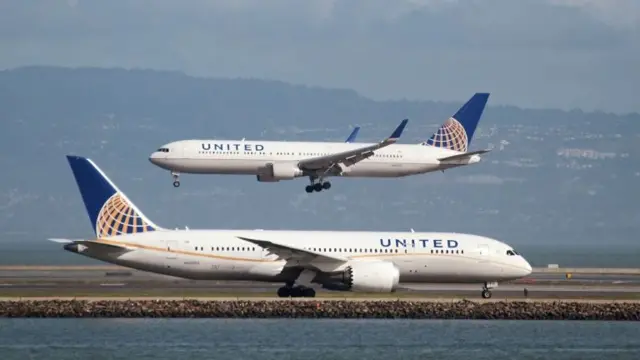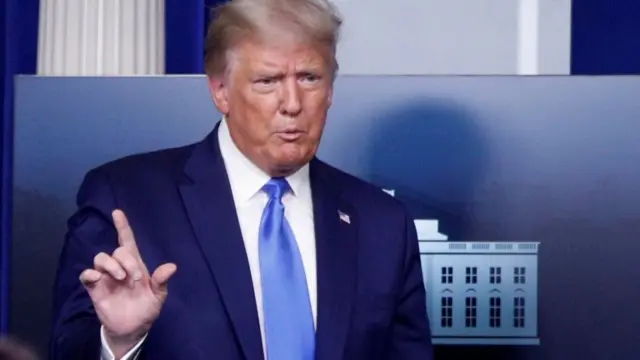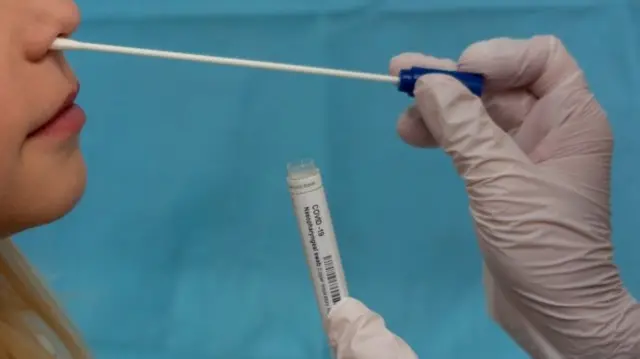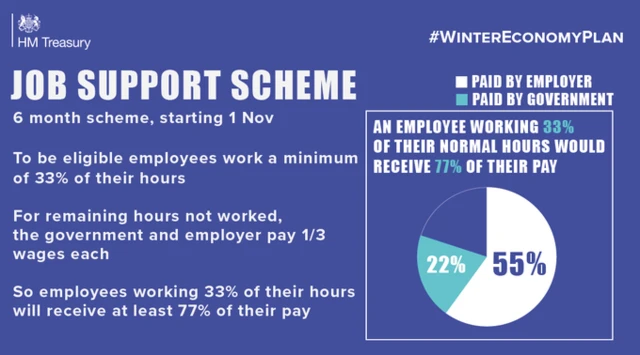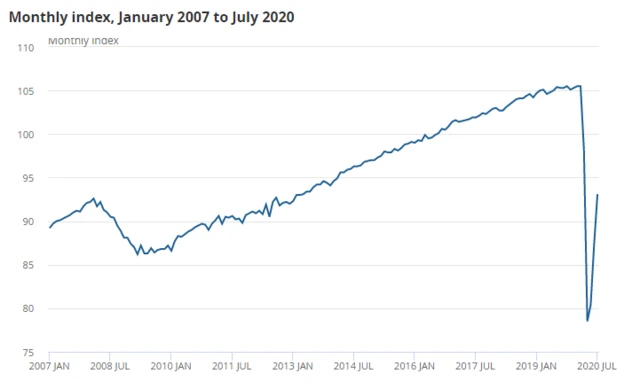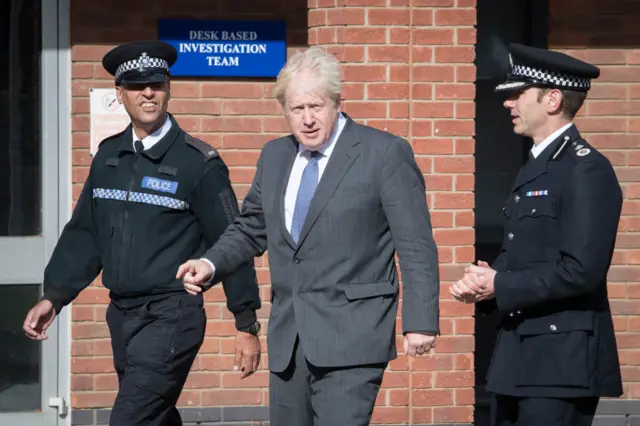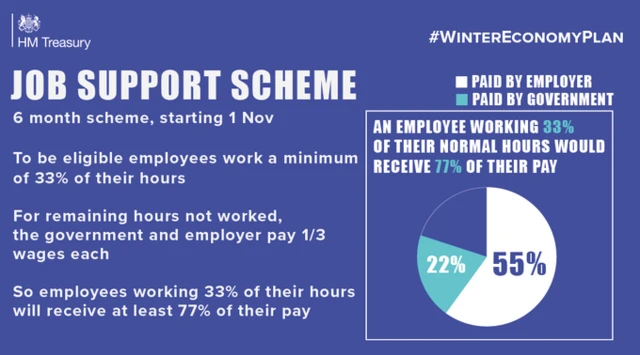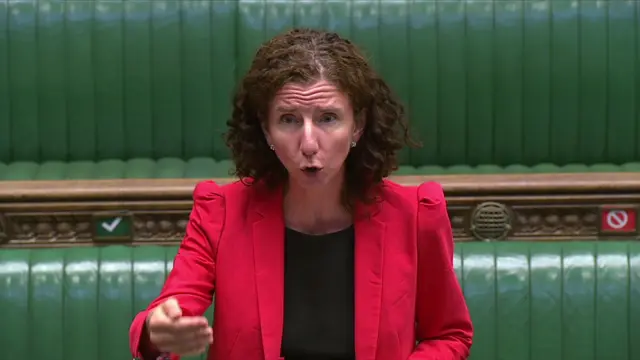New York's Met Opera cancels 2020–21 seasonpublished at 14:55 BST 24 September 2020
In another blow to the performing arts industry, New York's famed Metropolitan Opera announced on Wednesday that the house will remain closed until at least September 2021.
In a news release, external, the Met said it made the decision to cancel the rest of the 2020-21 season "based on the advice of health officials".
The risk of virus transmission was too high given the "hundreds of performers who are required to rehearse and perform in close quarters” and “the company’s large audience", it said.
Health officials told the Met it would not be safe to resume "until a vaccine is widely in use, herd immunity is established, and the wearing of masks and social distancing is no longer a medical requirement".
A report by US think tank the Brookings Institution, external estimated losses of 2.7 million jobs and more than $150bn (£117bn) in sales of goods and services for creative industries in the US.
The performing arts, the report said, had been “disproportionately affected” by the coronavirus pandemic.
Allow X content?
This article contains content provided by X. We ask for your permission before anything is loaded, as they may be using cookies and other technologies. You may want to read X’s cookie policy, external and privacy policy, external before accepting. To view this content choose ‘accept and continue’.
